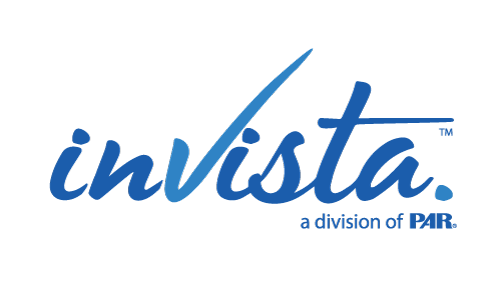The talent space has changed drastically in the past two months, according to InVista’s Head of Business Services Amy Newberg, PhD.
Recently, Newberg was invited to take part as a panelist at Work Now + In the Future, a recent virtual panel of top business leaders and consultants in the Tampa area. The event, sponsored by livingHR, asked attendees to donate to the Crisis Center of Tampa Bay in lieu of charging for admission.
Newberg joined experts including Cherie Silberman, partner at Constangy; Steve Morey, senior vice president at the Tampa Bay Economic Development Council; and Kristina York, principal and cofounder at Create+Co.
When discussing the impact of COVID-19, panelists addressed topics ranging from dependence on technology to economic shifts in the local job market, with Newberg emphasizing what businesses should focus on when it comes to employee well-being, engagement, and productivity.
Many companies are now shifting their focus to the mental health of their employees, along with dealing with broader changes in the talent landscape. Organizations are taking steps to ensure their staff feel supported, motivated, and appreciated during this time.
In addition, “now is a great time to rethink your overall talent strategy,” Newberg said. “How do you bring people in? How do you evaluate performance, and how do you develop your people in ways that support changing business needs?”
Newberg pointed out several strategies that can help business leaders adjust their talent practices during these times:
1. Recognize the opportunity to lead your company’s culture.
Your organization’s culture will—and should—evolve as a result of the crisis. “If you’re wondering, ‘How do I preserve my company’s culture through all this?’—you’re asking yourself the wrong question,” Newberg said. “This is an opportunity for your organization to learn and grow and to apply those learnings to your values. The right question to ask is ‘Do I know how the culture is changing, and am I leading the way?’
2. Adjust your management style.
“When employees work remotely, organizations need to give them more autonomy and more trust,” said Newberg. This is because managers have less visibility into what workers are doing during the day. Leaders should be diligent about setting goals and tracking on whether they are achieved, worrying less about monitoring the process of how people get there. “There should be a shift in focus on measurement of outcomes versus managing the nuances of process.
3. Figure out how to do more with less.
Because many organizations have had to lay off or furlough employees, quality of hire is more important than ever right now. The same goals, or loftier ones, must be achieved with fewer employees. “It’s important to think through the critical core competencies needed for key roles and build these into the recruitment process,” said Newberg. “If you are able to consider this and make some changes now, before you begin to rehire, do it.” This is the time to upgrade your hiring tools, before you are faced with needing to sort through ten times the number of candidates for every open position.
4. Know what won’t change.
Although remote work, fewer employees, and volatile markets present new challenges for getting work done, one thing remains critical for success: strong leadership. The capabilities that made leaders effective before COVID-19 are still important. Being in tune with your employees’ morale and well-being, thinking strategically to solve challenges, remaining calm in a crisis—these things have always been part of a good leader’s DNA. Now, some of these competencies are becoming more apparent, emerging as the difference between teams that can adapt and teams that fall apart.
Ensuring workplace well-being is especially challenging now, so it’s vitally important that leaders make the extra effort to reach out to their teams to ensure they feel supported during this time. If you are showing care, concern, and empathy to everyone in the organization, asking for their input, and communicating about changes and updates, then you have a firm foundation to build an adaptable and appropriate talent strategy for these changing times.



Recent Comments